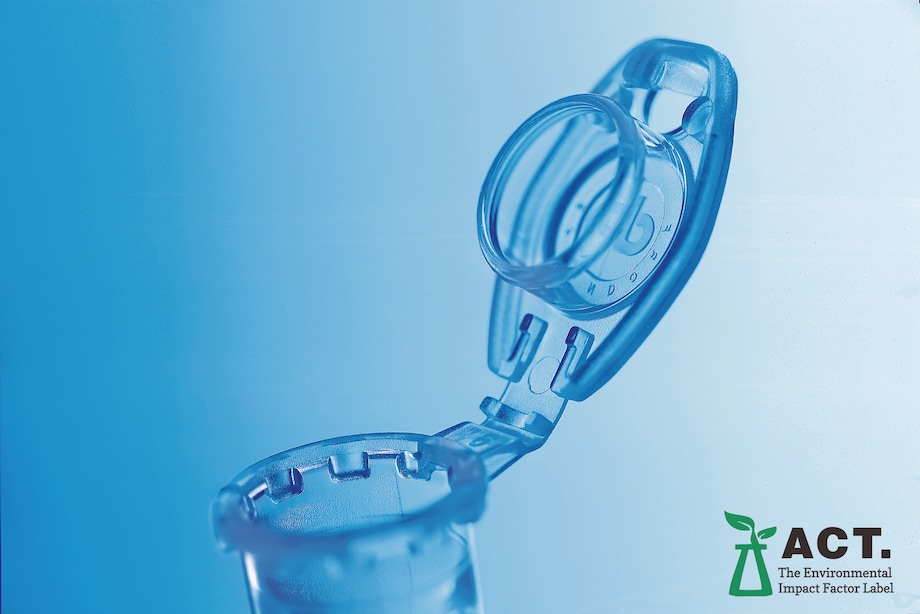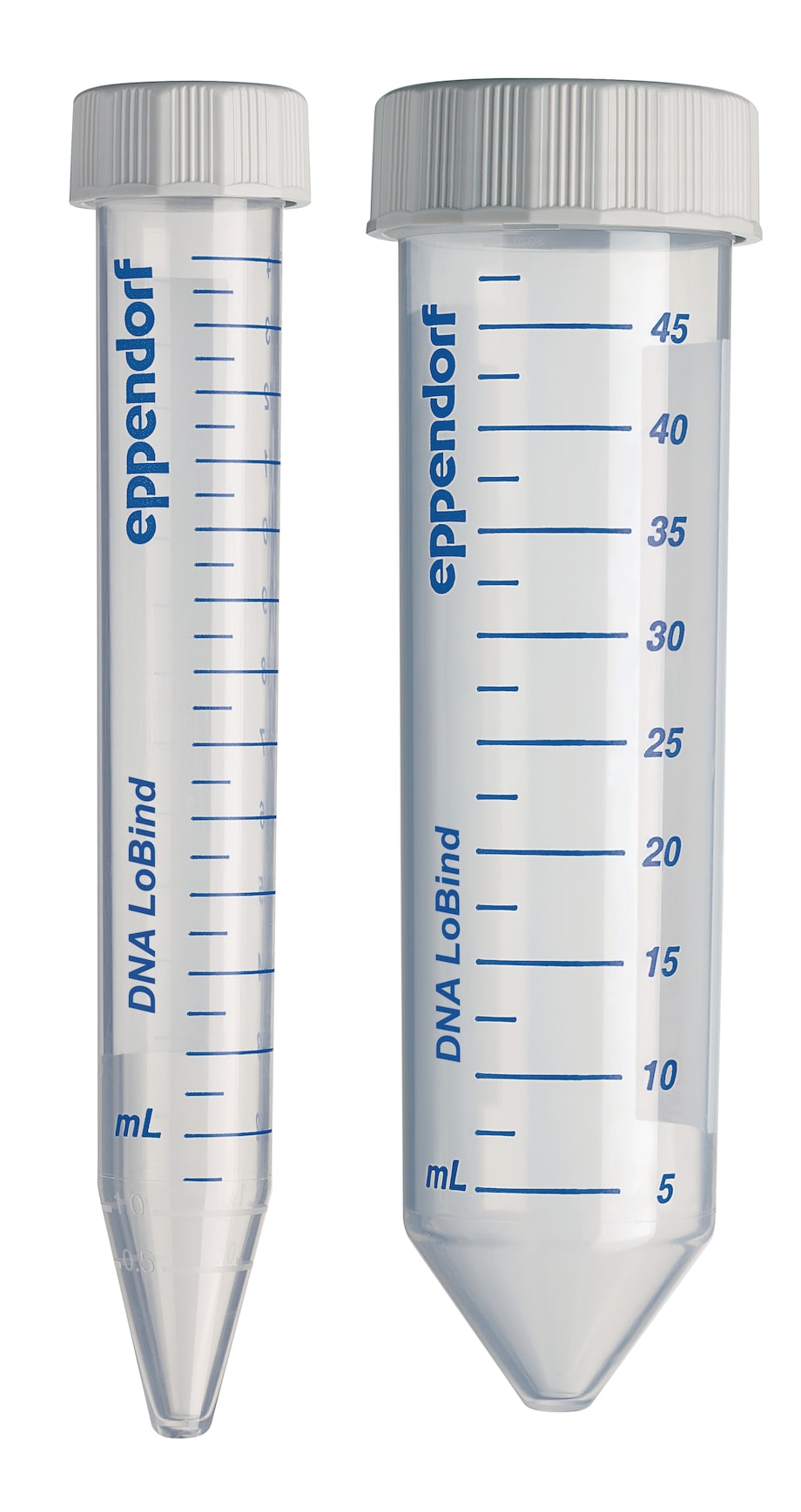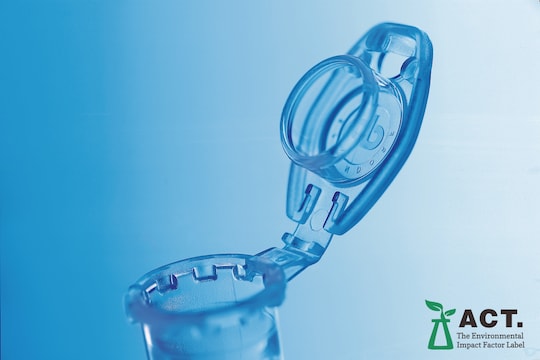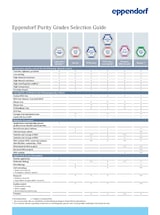MENU
AE | USD
AE | USD
-
- Benchtop Centrifuges
- Floor-Standing Centrifuges
- Refrigerated Centrifuges
- Microcentrifuges
- Multipurpose Centrifuges
- High-Speed Centrifuges
- Ultracentrifuges
- Concentrator
- High-Speed and Ultracentrifuge Consumables
- Centrifuge Tubes
- Centrifuge Plates
- Device Management Software
- Sample and Information Management
You are about to leave this site.
Please be aware that your current cart is not saved yet and cannot be restored on the new site nor when you come back. If you want to save your cart please login in into your account.
No results found
Search Suggestions
DNA LoBind® Tubes
epT.I.P.S.® L elongated pipette tips in use to fill a Deepwell plate
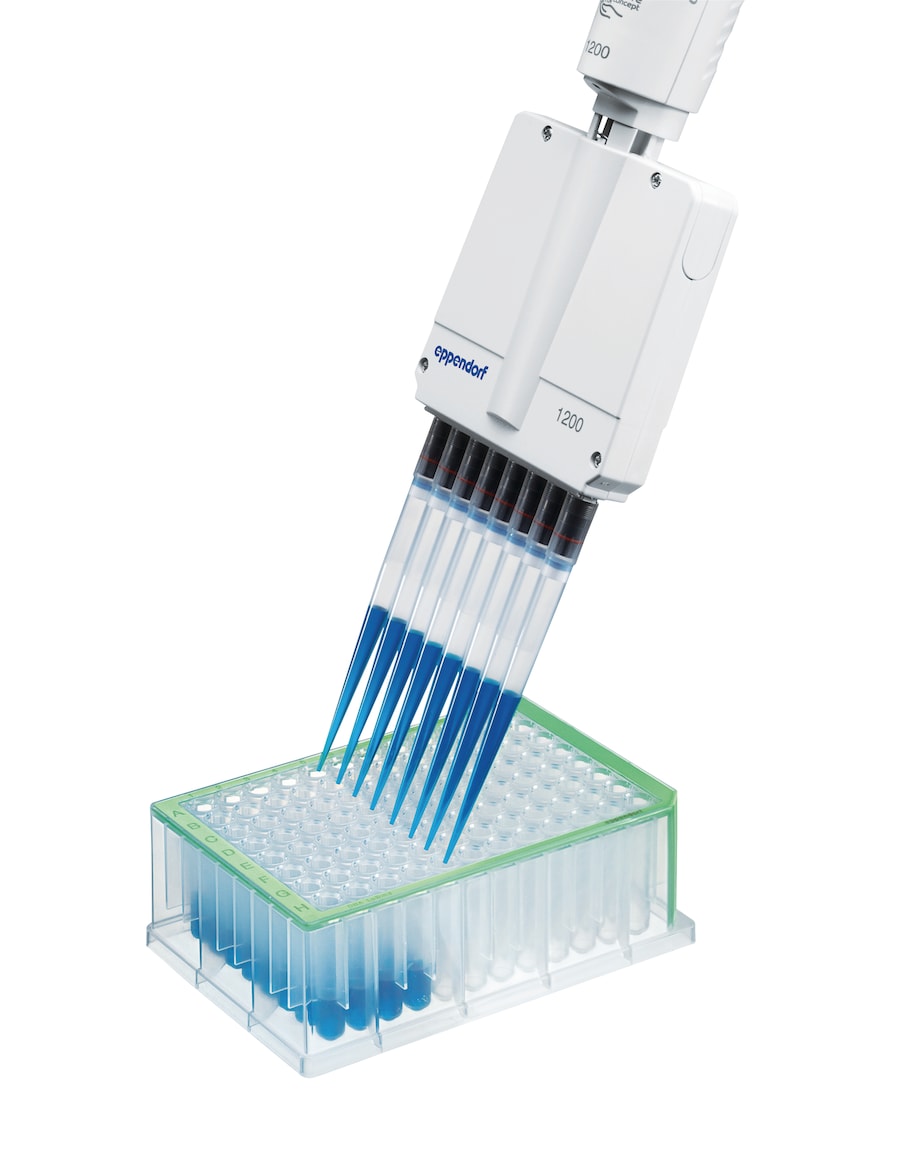
Eppendorf Protein LoBind® deepwell plates are compatible with elongated ep T.I.P.S.®
Scientist pipetting into Eppendorf 5 mL microtubes® stored in rack
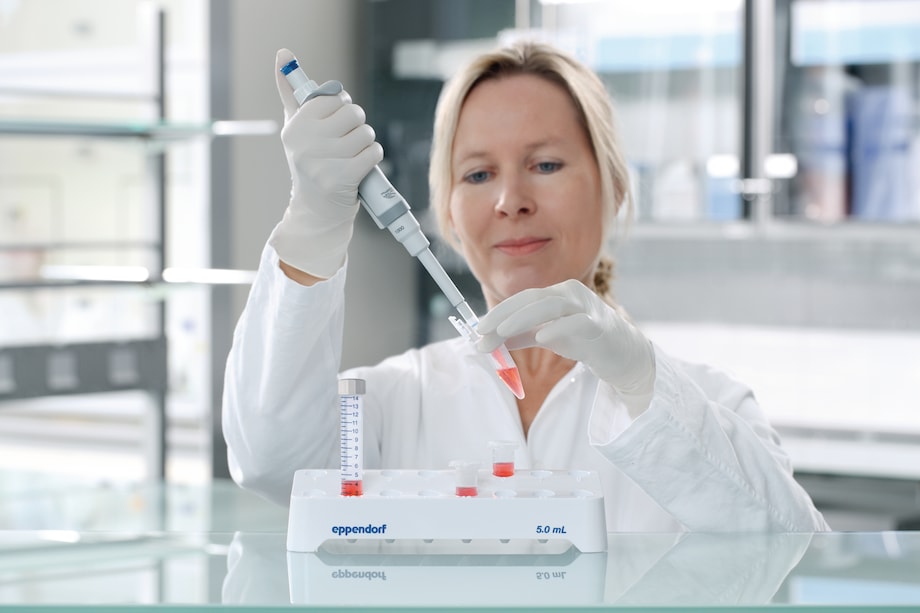
Eppendorf offer a comprehensive range of accessories for the 5 mL microtubes and are the perfect option for working with medium-sized volumes!
Different laboratory tubes

DNA LoBind® Tubes are available in a variety of sizes from 0.5 mL to 5 mL
Eppendorf LoBind® tube with open lid and volume marker

Superior recovery with Eppendorf Protein LoBind® tubes
Eppendorf LoBind® tubes - 0.5 mL, 1.5 mL, 2 mL and 5 mL
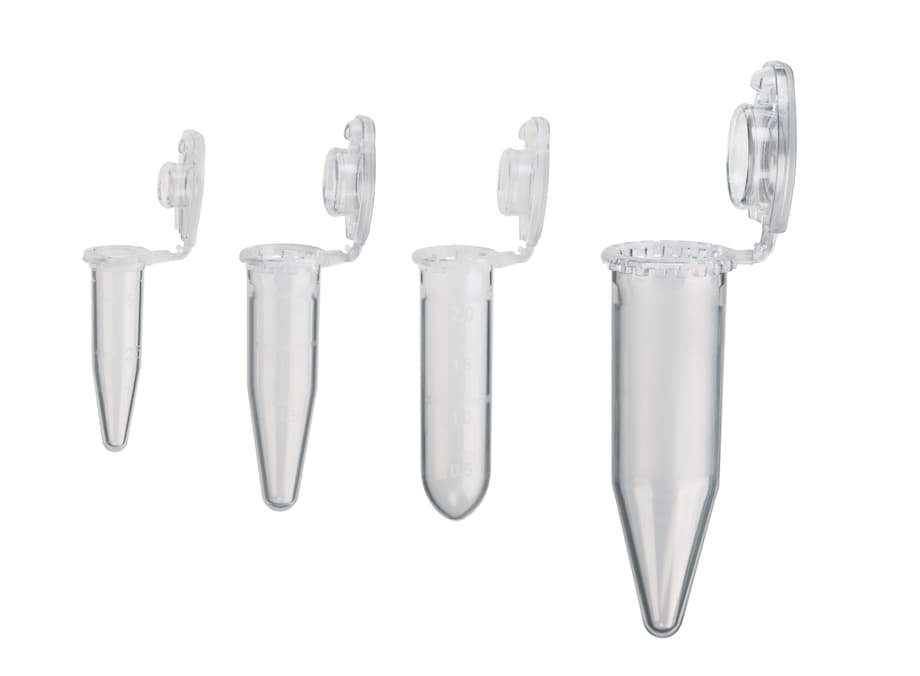
Safe-Lock security with LoBind® technology - available in 0.5 mL, 1.5 mL, 2 mL and 5 mL format
Easy-secure Safe-Lock® microtube

Eppendorf Safe-Lock DNA LoBind® Tubes offer sample protection and superior recovery
Small section of Eppendorf DNA LoBind® microplate
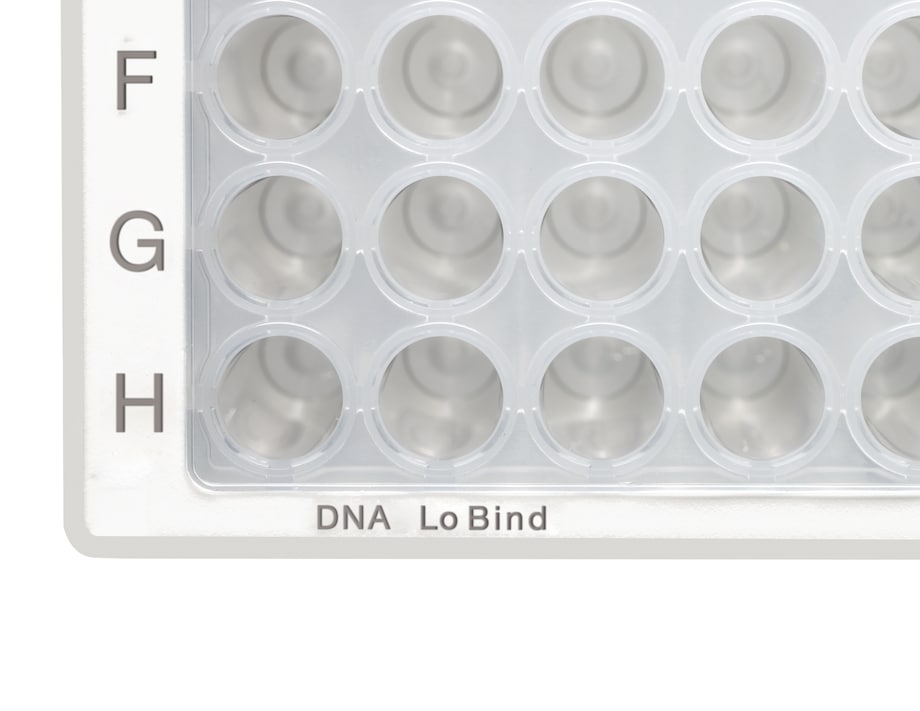
DNA LoBind® is available as a variety of formats including the 96-well microplate for superior recovery
Eppendorf LoBind® tube with open lid
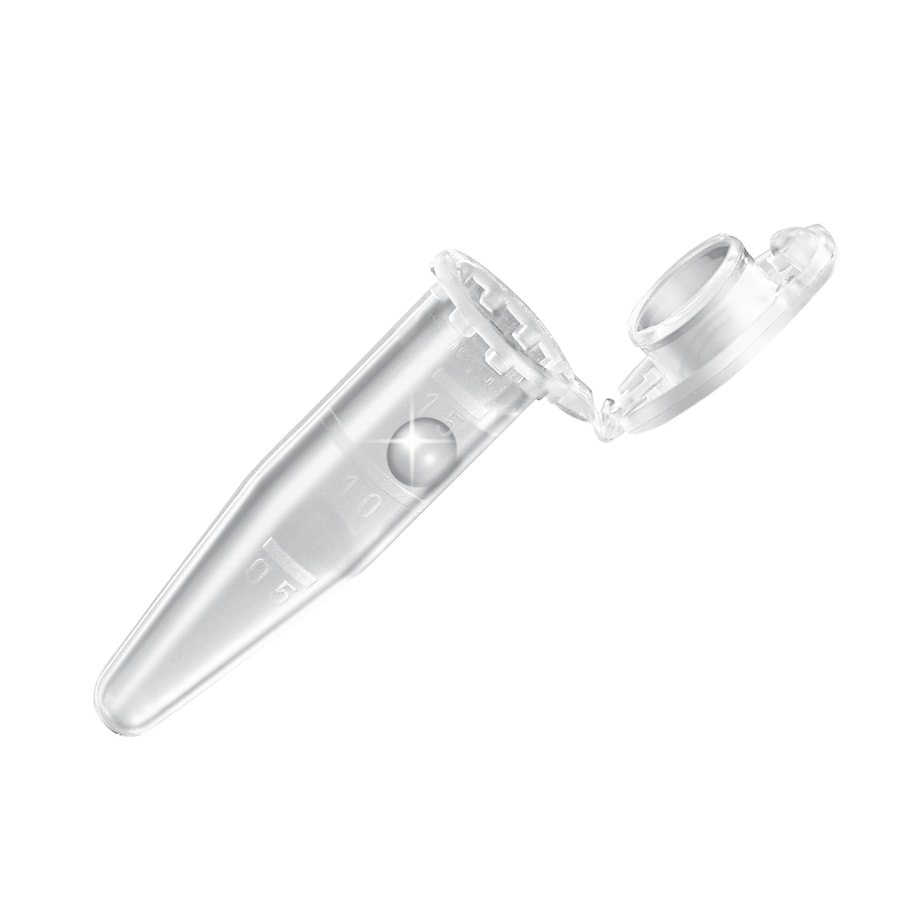
Superior protein recovery with Eppendorf Protein LoBind® Tubes
Eppendorf LoBind® - How it works
Videos not loading, because cookies have been rejected. Change your

Product Information
Maximize nucleic acid recovery! Eppendorf LoBind® Tubes signifcantly reduce sample-to-surface binding to ensure maximal recovery of DNA and RNA molecules. The ideal solution for sample preparation and long-term storage of your precious nucleic acids!-
Request lot-specific certificates (not applicable for "Eppendorf Quality")
-
Learn more about purity grades available from Eppendorf
You will find additional download material at the bottom of this page
Products (12)
12 Products
Catalog no.
0030108523
|
Catalog no.
0030122275
|
Catalog no.
0030122348
|
Catalog no.
0030108035
|
Catalog no.
0030108051
|
Catalog no.
0030108078
|
Catalog no.
0030108310
|
Catalog no.
0030122208
|
Catalog no.
0030122232
|
Catalog no.
0030108400
|
Show more Products
Added to Your Cart
Product Information
Applications
Features
Product Information
Minimize sample loss and maximize the recovery of precious nucleic acids with Eppendorf LoBind® Tubes. Combining superior manufacturing technologies and high-quality polypropylene, the LoBind® tubes offer almost 100 % recovery of DNA and RNA molecules without the need for surface coating.
Rest assured that Eppendorf LoBind® Tubes are of the highest quality and suitable for all applications including forensic analysis, microarray and next generating sequencing (NGS). LoBind® tubes undergo stringent batch-testing and certification by an independent laboratory to ensure they are free from DNA, DNase, RNase, and PCR inhibitors
Rest assured that Eppendorf LoBind® Tubes are of the highest quality and suitable for all applications including forensic analysis, microarray and next generating sequencing (NGS). LoBind® tubes undergo stringent batch-testing and certification by an independent laboratory to ensure they are free from DNA, DNase, RNase, and PCR inhibitors


An Eppendorf LoBind® solution for every problem!
Eppendorf DNA LoBind® is available in a variety of formats - from standard tubes to microplates and deep well plates - to help meet your specific needs, whether that’s low sample volumes or increased throughput.




Unparalleled DNA recovery rate
Eppendorf LoBind® Tubes recover up to 99 % of DNA, independent of incubation temperature and time, when compared to competitor tubes. Graph shows DNA recovery rate (0.2 ng/µL DNA fragment (130 bp, 32P labeled) in 2.5 M NaCl/TE buffer) in Eppendorf LoBind® Tubes and competitor tubes after various incubation conditions.




Eppendorf LoBind® Tubes offer greater recovery potential when compared to a low bind competitor tube. An assessment of Eppendorf LoBind® Tube consistency in the preparation and storage of standards for real-time PCR absolute quantifications showed that the low adsorption of DNA to LoBind® Tubes improved the quality of standard curves and DNA quantification in assayed samples.
Image: Preparation of DNA standards: Genomic DNA stock solution was serially diluted 10–fold in competitor low bind tubes or Eppendorf DNA LoBind® Tubes. 22 µL aliquots of each dilution were stored for 24 hours at –80 °C before analysis by real-time PCR. Samples stored in Eppendorf LoBind® Tubes had a greater PCR efficiency when compared to the competitor. See Application Note 226 for more details.
Image: Preparation of DNA standards: Genomic DNA stock solution was serially diluted 10–fold in competitor low bind tubes or Eppendorf DNA LoBind® Tubes. 22 µL aliquots of each dilution were stored for 24 hours at –80 °C before analysis by real-time PCR. Samples stored in Eppendorf LoBind® Tubes had a greater PCR efficiency when compared to the competitor. See Application Note 226 for more details.


Read More
Read Less
Applications
- Preparation or storage of DNA and RNA samples
- Forensic trace analysis
- Preparing dilution series in quantitative qPCR
- Sample preparation in next-generation sequencing
- Creation of genomic or oligonucleotide libraries
Features
- Eppendorf LoBind material ensures optimized sample recovery for improved assay results
- Free of surface coating (e.g., silicone) to minimize the risk of sample interference
- Lot-certified PCR clean purity grade: free of human DNA, DNase, RNase and PCR inhibitors
- Available in tube, microplate, and deepwell plate formats for easy-up scaling
- Precise lid sealing for minimal evaporation rates in tube format
- Rated up to 30,000 × g (25,000 × g for 2.0 mL tube) centrifugation speed for molecular biology applications

